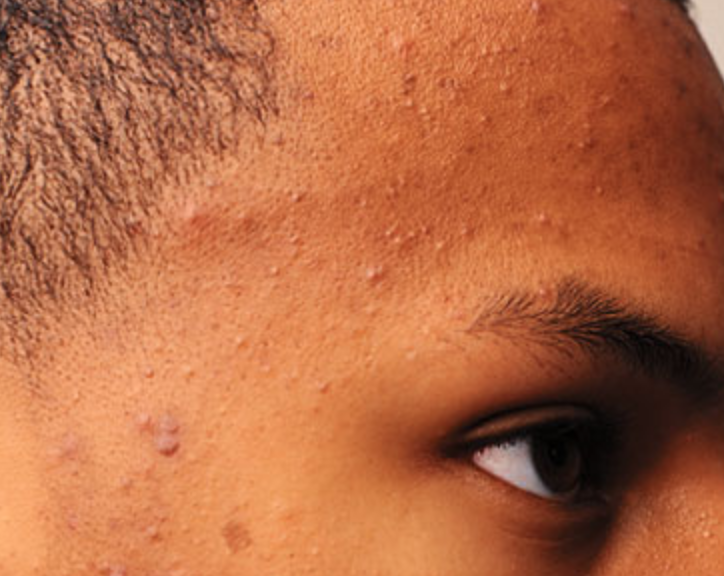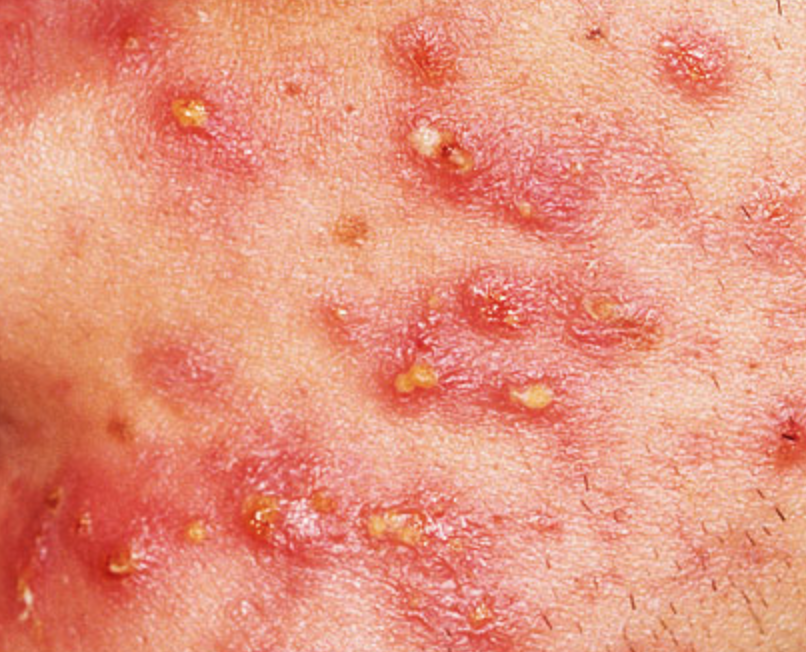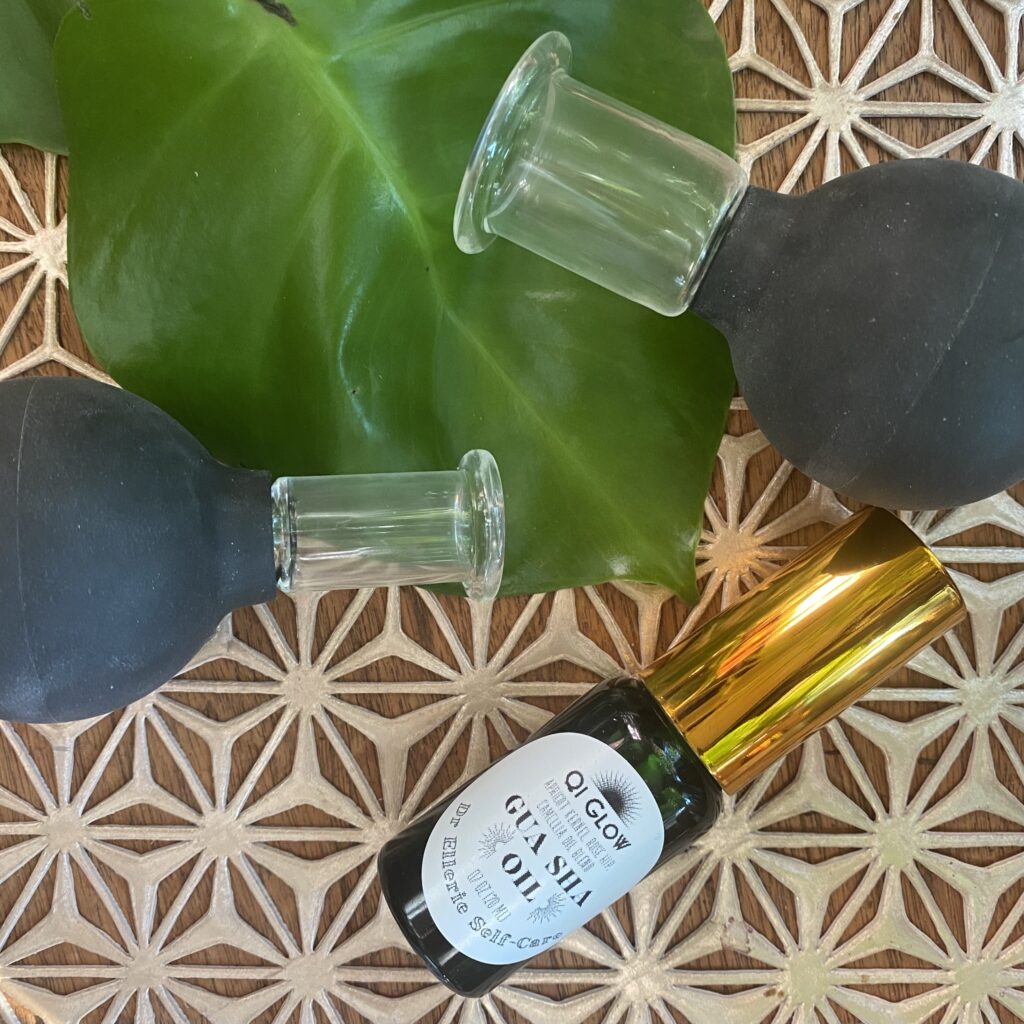Can beauty tools help or hurt acne?
Can beauty tools clear acne? Should you use beauty tools if you have acne?
I get asked frequently about beauty tools and acne, probably because acne is such a common, persistent, and annoying skin issue. Also conventional medicine doesn’t offer root cause solution – usually the treatments are suppressive and either mess with your gut or your hormones. I battled with stubborn acne until I was thirty. The struggle is real!
So can beauty tools help clear acne? The answer is yes and no. To tell you more, let’s talk about Chinese medical diagnosis first.
Like any skin issue, the body is telling you that something is off internally. Acne is a symptom of a deeper issue or imbalance. Using a Chinese medical facial diagnosis and deeper questioning, a Chinese diagnosis of acne is going to tell you a lot more than you have zits on your face, the diagnosis will explain WHY you have acne.
Where the acne is located on your face can give clues to which organ systems are imbalanced. How the acne looks can tell you what is excessive in the body and being expressed through your skin.
– If you have bleeding acne, you have excess heat.
– If you have pustule acne with whiteheads, you have dampness.
– If you have irritated acne, you have toxicity.
– If you have cystic acne that doesn’t express, you have issues with your tai yang layer and need to ‘vent’ the skin.
You can have combinations like damp heat or toxic heat.
When you figure out which organ systems and what excesses, then next step is to ask what is the ROOT CAUSE of the excess. Are you stressed? Are you eating foods that cause heat or dampness? Are you exposed to toxins?
So back to our question about beauty tools and acne. First of all, if your acne is actively bleeding or open pustules, using a beauty tool increases the chance of the acne becoming infected and causing deeper harm. If this describe you, you should wait to use beauty tools until your acne reduces in severity.
If the acne is not open and active, then tools can help clear heat, dampness, and toxins. So they can help clear acne faster. The rub is that you also need to treat the root causes. This is a good reason to consult with a Chinese medicine practitioner – look for LAc initials after their name meaning licensed acupuncturist. Chinese herbalists also can help clear acne by correcting the imbalances that create the conditions for acne.
My favorite tools for treating acne are the gua sha and cupping since these tools are good for clearing heat, moving congestion and toxins, and venting the skin. Just be warned that venting the skin can cause a temporary increase in acne – a day or two- before it clears the acne. It’s a normal healing reaction. So if you are planning for a big event, do your beauty tool routine 4-5 days before the event.
I formulated Qi Glow Gua Sha Oil for those who have acne prone skin like me (perk of being a skincare formulator). All the oils in Qi Glow Facial Oil are non-comedogenic, a fancy way to say they do not clog pores. Additionally, tamanu oil has been shown to have anti-microbial properties to propionibacterium acne which is a microbe that can cause acne.
If you’d like to add beauty tools and qi glow facial oil into your beauty routine, head to my Beauty shop here.

This acne is predominantly damp seen by the whiteheads with slight heat (redness). Since the acne is not open and weeping, this person could use beauty tools like gua sha or facial cupping to help clear their acne. (picture from WebMD)

This example (picture from WebMD) is an example of damp heat. Redness is heat while pustules are dampness. Yellow puss specifically is a sign of damp heat. The irritation around the acne indicates that toxicity is further irritating this acne. This severity with open weeping pustules is too extreme to use a beauty tool and risk further infection of the skin. ( Picture from WebMD)
Facial cupping is one of my favorite ways to clear heat, move congestion, and vent the surface – all ways acne causes issues according to Chinese Medicine philosophy.
